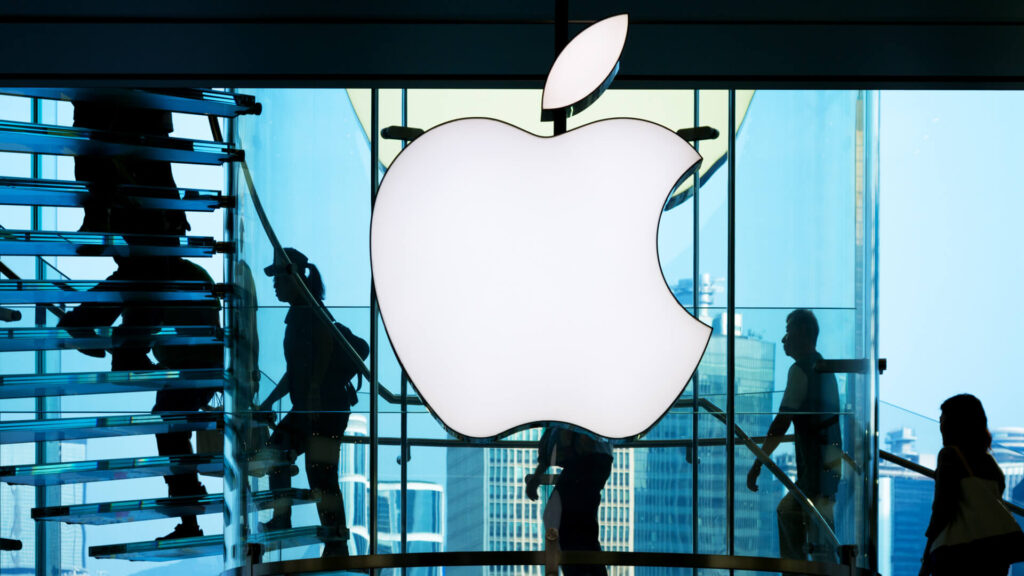Recent Years’ Activity : Apple was long considered the world’s most valuable company; however, Microsoft overtook Apple as the world’s most valuable company in 2022, raising questions about Apple’s future, competitive position and what this could mean for the tech industry overall. We will examine why and the possible ramifications for both parties. In this article we will also examine why it fell so drastically before exploring any implications this might have on both companies involved and their industries in general.
1. Apple’s Stock Performance

Apple has become one of the world’s most successful and sought-after companies, producing some of the world’s best-known technology products like the iPhone, iPad, and MacBook. Their stock performance has also been remarkable: consistently increasing every year.
Apple was the first company in history to achieve a market capitalization of $1 trillion, holding onto this status until 2022 when Microsoft overtook Apple as most valuable company on Earth due to shifting economic and market trends. The reasons for this shift could be numerous and complex, yet Microsoft quickly overtook its predecessor due to these forces of change.
2. The Impact Of COVID-19

One of the primary factors behind Apple’s fall from dominance was due to the COVID-19 pandemic. The COVID-19 outbreak has had an immense effect on global economics, leading to widespread disruptions of supply chains, financial markets and consumer behavior – especially within tech industries – including Apple itself.
Apple was severely impacted by the pandemic, with production delays and component shortages leading to decreased sales that in turn decreased the company’s revenues and profits, ultimately leading to its stock price falling. Furthermore, this widespread pandemic altered consumer spending habits, prompting many people to spend less on luxury items like iPhones and iPads.
3. Apple’s Dependence On iPhone Sales

Apple’s downfall can also be traced to its over-reliance on iPhone sales, long considered the main driver of its financial success. But in recent years, growth of iPhone has slowed considerably and Apple has struggled to retain its dominant status in the smartphone market.
Apple’s competitors have introduced innovative products that have taken market share away from it, while smartphone market saturation makes it harder for it to retain dominance. All these factors contributed to iPhone sales declines and significantly diminished Apple’s financial performance.
4. Apple’s Expansion Into Services

Apple remains resilient despite the challenges it is currently facing and has actively expanded into new areas, particularly services. Apple Music, TV+ and News+ services were developed as an effort to diversify revenue streams away from iPhone sales while diversifying revenue sources and lessen dependence on iPhone sales.
Apple’s services segment has experienced extraordinary growth over the last year, reaching $53.8 billion in 2021 with revenues rising 33% from 2020. This success can be attributed to Apple Music becoming so popular, now having over 90 million subscribers worldwide.
5. Apple’s Future Prospects
Apple’s decline from being the world’s most valuable company does not signal an end to its success; rather, Apple remains highly profitable and innovative with loyal customer bases and an established brand name. If Apple wishes to stay competitive in today’s marketplace, however, it will need to adapt quickly to changes and continue innovating in order to stay profitable and innovative.
Apple’s entry into services is promising, yet to continue its rapid expansion it must invest in new areas and become carbon neutral by 2030 if it hopes to stay ahead of competition. Apple’s commitment to sustainability may also appeal to customers and investors.
